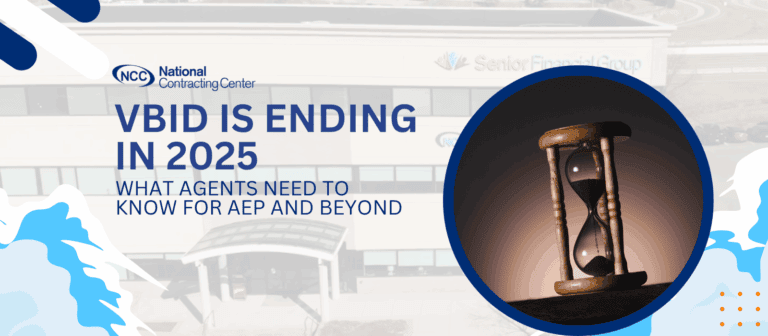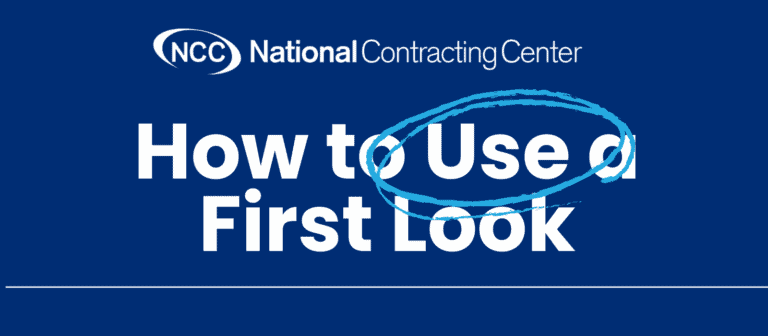1. Not taking product training seriously or learning only enough to pass AHIP testing
The purpose of training isn’t learning just enough to pass the AHIP modules. You have to understand the training, how Medicare works, and the process of ensuring Medicare coverage to beneficiaries. If you build your business on a poor understanding of Medicare compliance the business cannot succeed.
2. Refusing to keep up company related notices
If you contract with a company for product then you need to keep up with that company on their rate increases/decreases, new products or plans and potential leadership changes. You need to be an expert in that product field and keep your clients updated as soon as a change could impact them. They want to know their insurance agent is looking out for them.
3. Taking shortcuts with rules
Not taking compliance seriously can result in a wave of damage that many times cannot be repaired. CMS takes the monitoring of Medicare agents seriously in order to protect seniors and the elderly from unscrupulous agents trying to take advantage of seniors. If you are busted it can result in fines, your license being revoked or even jail time.
4. Ignoring additional training webinars, calls or in-person meetings
We have yet to meet an agent who knew TOO MUCH about a product or plan for Medicare. If possible ALWAYS go to a product training or compliance training to brush up on your knowledge. The Medicare field is always evolving and you have to evolve with it to be successful.
5. Failing to set up a succession plan for insurance agency
You cannot plan for disaster or the unexpected so start planning how your agency or business will continue without you. Look for the agents or business partners that can carry out the vision for your business should you retire, or pass away. Each person needs to know who would handle the responsibilities like payroll/billing, contracting, or office management. Make your decisions final with the help of the lawyer to downplay chance of problems down the road.
6. Failing to explain in layman’s terms HOW a plan would work for the client
Again, your goal is to educate. Explain the plan in the simplest terms so clients know how the plan covers them on a monthly basis or for a specific event. For example, they need to know how their Medicare prescription drug plan works, what is covered under it and what isn’t. They should feel completely confident in plan knowledge that they could spot wrongful billing easily.
7. Not knowing the guidelines for different carriers
CMS mandates compliance rules for everyone, but each carrier has additional and different guidelines and protocols an agent must follow. Knowing how each company differs will save you time so you don’t duplicate any unneeded steps.
8. Selling clients and not educating them
Your number one objective as a senior insurance agent is educating your client on the types of Medicare coverage available. Listening to their priorities or concerns will guide you to the plans you know will provide the coverage and peace of mind they need. When you try and sell a client you end up picking what works best for your pocketbook and down the road will likely end in a cancellation. Educated clients are happy clients. Happy clients refer new business.
9. Unfamiliar with resources before a problem occurs
Each company has specific protocol for pre-underwriting, submission, and general agent questions. Each agent should know where to get physical forms needed to do business. Also, each agent or agency needs to know how to help low-income subsidy access benefits. If you work with an FMO, IMO or DMO like NCC we are your one-stop shop for you. If you need products to cover specific areas we help you get competitive products, compliance training and make sure you are in the know for product updates. Since we do have a full-time compliance officer, we can help solve minor compliance issues.
10. Depending on lead drops for ALL source of sales
If your definition of a lead is a business reply card, you have a great opportunity to expand your business. As a new agent lead drops can provide an opportunity to start selling and get your business off the ground. However buying leads is expensive and not always cost effective in the long run. Running your own business means having to network with local business professionals, marketing and referrals. Most elite producers say their biggest source of leads come from happy clients referring friends or family.
As a contracted agent with NCC, you will have access to learning events that address ways to avoid these and many other common mistakes, as well as proven ways to establish and rapidly grow your business.






